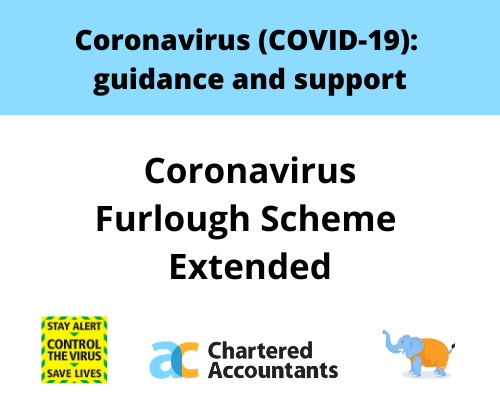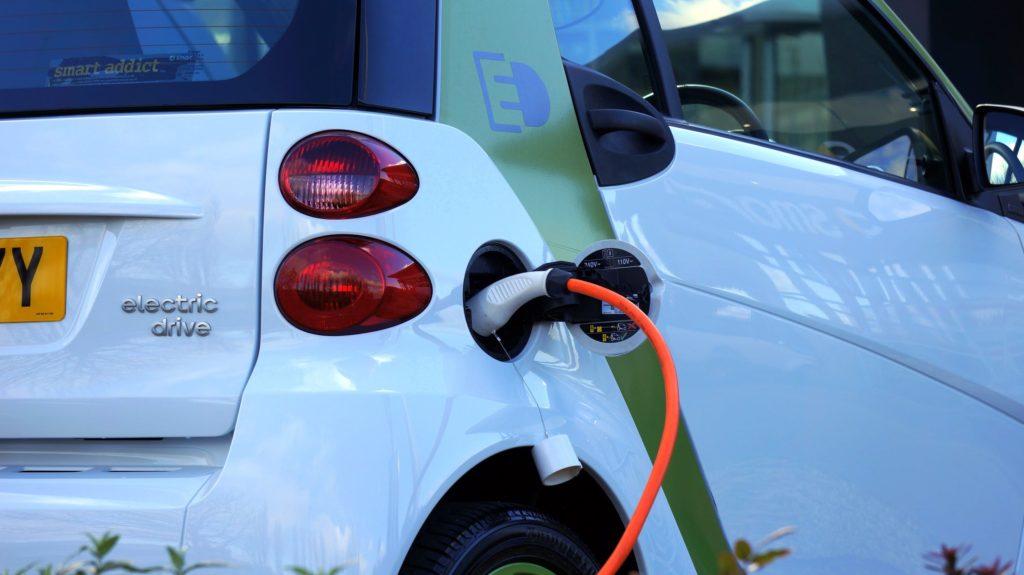
Coronavirus Furlough Scheme Extended and Further Economic Support,
Update following the Prime Minister’s announcement on 31st October 2020.
The Coronavirus Job Retention Scheme has been extended for a month with employees receiving 80% of their current salary for hours not worked and further economic support announced.
In addition, business premises forced to close in England are to receive grants worth up to £3,000 per month under the Local Restrictions Support Grant. Also, £1.1bn is being given to Local Authorities, distributed on the basis of £20 per head, for one-off payments to enable them to support businesses more broadly. Please read below for more information:
Job Retention Scheme
Employers small or large, charitable or non-profit, are eligible for the extended Job Retention Scheme, which will continue for a further month. Businesses will have flexibility to bring furloughed employees back to work on a part time basis or furlough them full-time, and will only be asked to cover National Insurance and employer pension contributions which, for the average claim, accounts for just 5% of total employment costs.
The Job Support Scheme, which was scheduled to come in today, Sunday 1st November, has been postponed until the furlough scheme ends.
This extended Job Retention Scheme will operate as the previous scheme did, with businesses being paid upfront to cover wages costs.
As under the current CJRS, flexible furloughing will be allowed in addition to full-time furloughing. Further details are set to be provided shortly.
Who is eligible?
Employers
All employers with a UK bank account and UK PAYE schemes can claim the grant. Neither the employer nor the employee needs to have previously used the CJRS.
Employees
To be eligible to be claimed for under this extension, employees must be on an employer’s PAYE payroll by 23:59 30th October 2020. This means a Real Time Information (RTI) submission notifying payment for that employee to HMRC must have been made on or before 30th October 2020.
The Government will confirm shortly when claims can first be made in respect of employee wage costs during November, but there will be no gap in eligibility for support between the previously announced end-date of CJRS and this extension.
Business Grants
Businesses required to close in England due to local or national restrictions will be eligible for the following: For properties with a rateable value of £15k or under, grants to be £1,334 per month, or £667 per two weeks; For properties with a rateable value of between £15k-£51k grants to be £2,000 per month, or £1,000 per two weeks; For properties with a rateable value of £51k or over grants to be £3,000 per month, or £1,500 per two weeks.
Additional guidance will be set out shortly and we will update all of our clients as soon as we know more.
Stay safe during this time.Paul and the team
Need more information?
Do you need help with the Job Support Scheme? We offer a wide range of services to help your business through this time. Our team of chartered accountants have a wealth of experience in a broad range of sectors and our team work hard to ensure they create smart and effective tax-efficient solutions for start-ups to optimise growth and help them succeed. If you want to learn more about how the team can help or simply want some start-up advice from a trusted accountant do hesitate to contact us. For more information please do hesitate to contact us on 0161 962 1855. Alternatively you can email us using the form below and we will contact you as soon as possible.
Our fantastic team at A&C Chartered Accountants are here to help.











